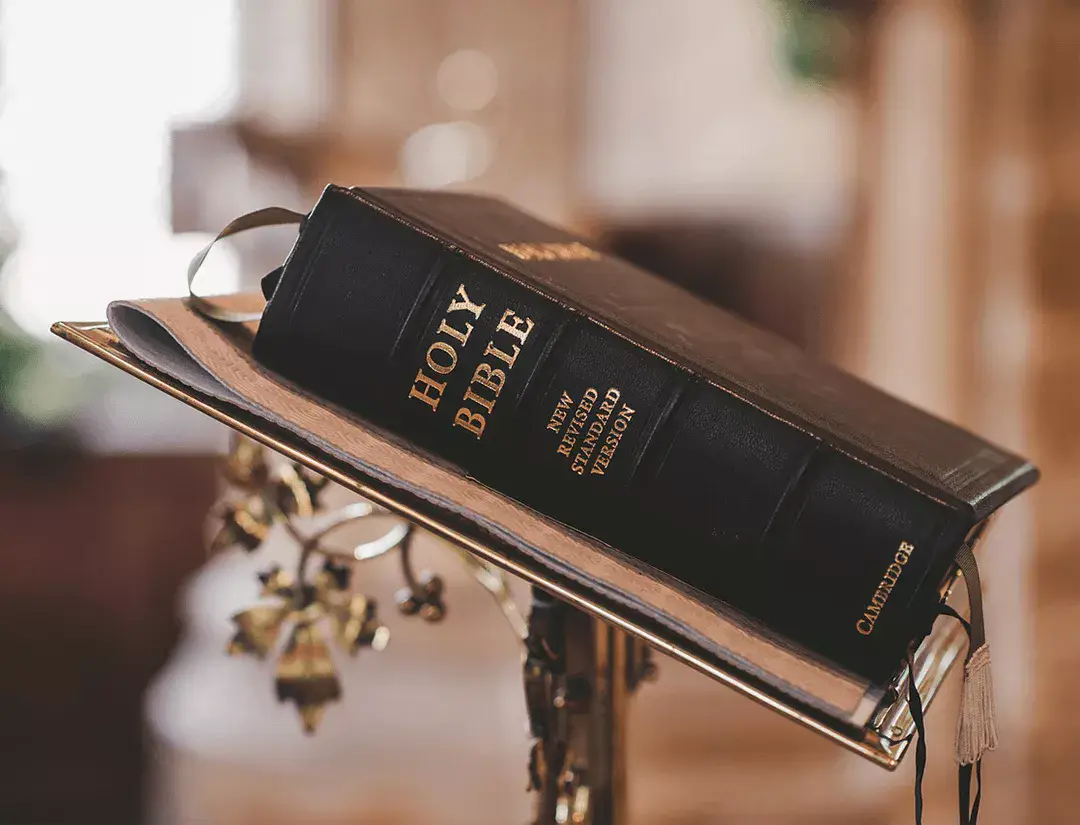Language
 Directory
Directory
Psalms
Heman

1. Heman the Ezrahite is mentioned in the book of Psalms, specifically in the titles of Psalms 88 and 89. According to these titles, Psalm 88 is attributed to Heman the Ezrahite, while Psalm 89 is attributed to Ethan the Ezrahite, who is also identified as Heman's relative. These titles provide some insight into Heman's significance and his story in the context of the Psalms.
2. Heman is described as an Ezrahite, which likely signifies that he belonged to a family or group known as the sons of Zerah, a prominent clan within the tribe of Judah. The designation "Ezrahite" may also indicate that Heman hailed from a town called Ezrah, though the exact location of this town is not definitively known.
3. The titles of Psalms 88 and 89 identify Heman as a skillful musician. In particular, Psalm 88 is labeled as a "maskil of Heman the Ezrahite," indicating that it was set to a contemplative or instructive musical style associated with Heman. This suggests that Heman had a significant role in the musical and liturgical practices of ancient Israel, possibly serving as a leader or director of music.
4. The term "maskil" used in the title of Psalm 88 is also associated with the wisdom tradition in Hebrew literature. It indicates that the psalm imparts wisdom or understanding to its listeners. As such, Heman's association with this psalm may reflect his involvement in composing or performing songs that conveyed important spiritual and moral insights.
5. The title of Psalm 89 connects Heman to Ethan the Ezrahite, describing them as relatives. This suggests a familial or communal bond between the two individuals and may indicate that they collaborated in the context of musical or religious activities.
6. While the biblical references to Heman are relatively brief, they highlight his role as a musician and possibly a composer within the context of Israelite worship and poetic expression. His association with Psalm 88 and the designation of "Ezrahite" provide intriguing glimpses into his place within the religious and cultural life of ancient Israel, particularly in the realm of music and spiritual reflection.




 Previous
Previous







